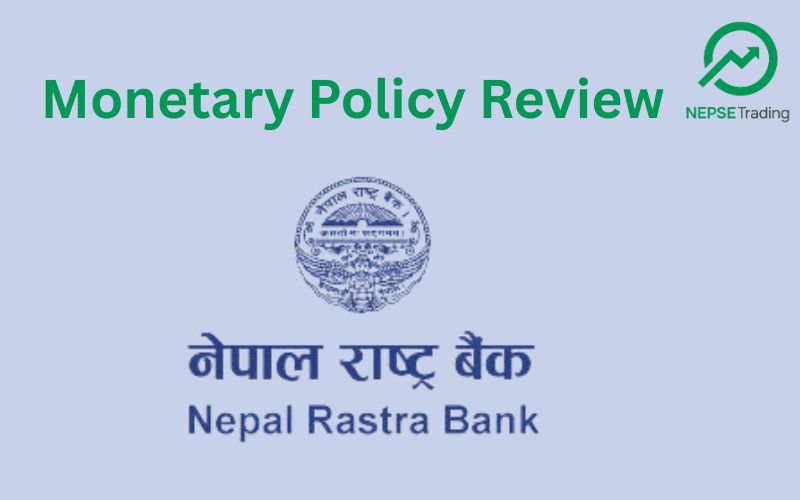By Sandeep Chaudhary
Is Citizen Bank’s 5% Dividend Attractive in 2082? — Yield, Valuation & Investor Outlook

Citizen Bank International Limited (CZBIL) has declared a total dividend of 5.03% for the fiscal year 2081/82, comprising 5% cash dividend and 0.26% bonus shares. At the current market price of NPR 207.8, the cash dividend yield is approximately 2.41%, placing it within Nepal’s average commercial banking yield range. While not exceptionally high, this payout reflects the bank’s steady, risk-managed, and sustainability-focused strategy, reinforcing its image as a reliable institution prioritizing long-term financial stability over short-term profits.
In its earlier years, CZBIL distributed higher dividends — peaking at 21.05% in FY 2071/72 — during a phase of strong profitability and market expansion. However, over the past few years, the bank has adopted a moderate dividend policy, aligning with Nepal Rastra Bank’s stricter capital adequacy norms and prudent balance sheet management. The current dividend structure represents a commitment to shareholder consistency, ensuring that investors continue to benefit even under a tightened regulatory framework.
While the dividend yield of 2.4% may appear modest compared to other investment avenues such as fixed deposits or high-yield microfinance stocks, Citizen Bank’s consistent track record of dividend payments provides a sense of security, predictability, and confidence. The 0.26% bonus share, though small, contributes to incremental capital expansion and reflects management’s intention to reward investors while retaining sufficient earnings to reinforce its core capital.
From a valuation standpoint, CZBIL’s P/E ratio of 23.29x and P/B ratio of 1.31x indicate that the stock is trading slightly above its book value, a sign that the market views the bank as financially sound with stable earnings. For long-term investors, this makes CZBIL a dependable income-generating stock rather than a speculative play. However, when adjusted for Nepal’s average inflation rate of 5–6%, the real return becomes limited, suggesting that the dividend’s true strength lies in its consistency, not its magnitude.
Furthermore, investors seeking to understand such dividend behavior, valuation patterns, and stock market psychology can benefit from formal market education. If you want to learn technical and fundamental stock market analysis to interpret dividend trends, valuation insights, and investor behavior, you can join Mr. Sandeep Kumar Chaudhary’s professional stock market training classes — available both online and physically. He is one of Nepal’s most respected stock market analysts and trainers, known for his deep expertise in technical analysis, price action, and financial fundamentals. For enrollment or inquiries, contact +977 9709066745 to begin your journey toward becoming an informed and skilled investor.









